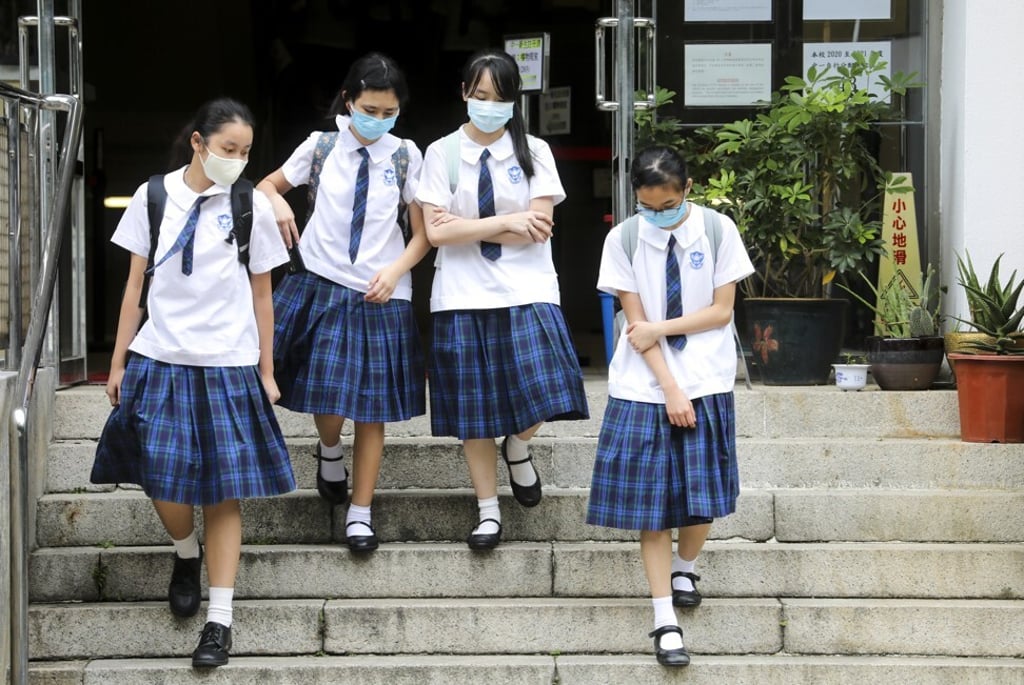Advertisement
Letters | Amid coronavirus school closures, could pandemic pods be the answer to parents’ prayers?
- Parents across the US are organising learning pods of five to six pupils each to provide the educational environment children need while minimising infection risks. Hong Kong could adopt the idea with help from schools and government guidance
Reading Time:2 minutes
Why you can trust SCMP

Hit hard by the third wave of coronavirus outbreak in the city, stringent pandemic-control restrictions and social distancing measures are here to stay. As a parent, I’m more concerned about the timeline of school closure, and, if early childhood education will continue to stay virtual, what could be done to ensure quality education for my daughter.
Pandemic pods – a self-organised and bottom-up approach for multiple families to co-organise home schooling – is arguably a solution. As school districts in the United States have started rolling out their plans for the fall, parents across the country have begun to set up learning pods, small-group learning or micro-schooling.
Parents have to spend US$300-400 per week hiring a teacher to teach a group of five to six children, who know each other well. They either rent a studio space or organise the learning pod in their household.
Advertisement
In Hong Kong, kids’ summer classes and activities have come to a halt and the Education Bureau has extended the ban on face-to-face classes at school. Could pandemic pods fill the gap?

Advertisement
According to a report by researchers at Cambridge and Bristol universities, school closures could have severe social and economic effects that endure for decades. Children are affected not just academically; social distancing affects their mental and physical well-being as well.
Advertisement
Select Voice
Choose your listening speed
Get through articles 2x faster
1.25x
250 WPM
Slow
Average
Fast
1.25x